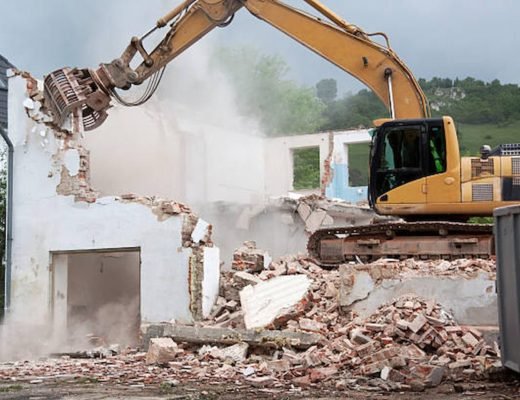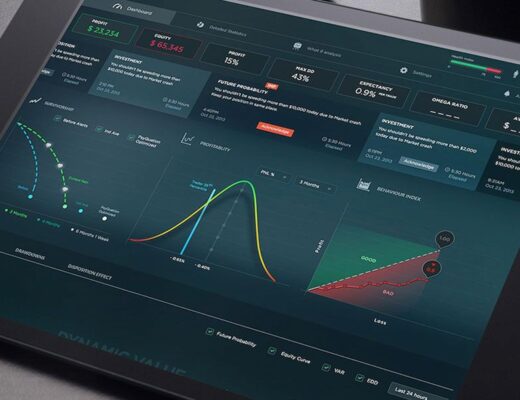Whether you’re thinking of selling your car or want to buy a new one, it’s always good to know what to expect. Understanding the basics of car valuation is a great place to start, so just what determines the value of a car? Here are just a few things to consider:
• Condition: It goes without saying really, but the condition of the vehicle will have a huge impact on its value. One that’s in excellent condition (engine runs well, good maintenance records, no damage to the paintwork or interior, matching tyres with lots of tread, etc.) will command a higher price than one in poor condition (signs of wear and tear, damage, faded paint, rust, worn tyres etc.), so this is a huge determiner of price.
• Age: It’s generally true that an older vehicle will cost less, largely because it’ll often be in worse condition than a newer one, but that isn’t always the case—consider the likes of carefully restored classic cars, for example, or even something as simple as a careful owner who doesn’t drive far, but in many cases age will definitely play a part.
• Mileage: Chances are a car that’s got tens of thousands of miles on the clock will be in worse condition than one that hasn’t been driven so much, and that means mileage will have a bearing on the value of the vehicle.
These are three key aspects that go into deciding car prices, but you don’t have to determine the value yourself—using a car value guide or even a full valuation service can ensure you’ve got an accurate value so you know what to expect at the dealers.



